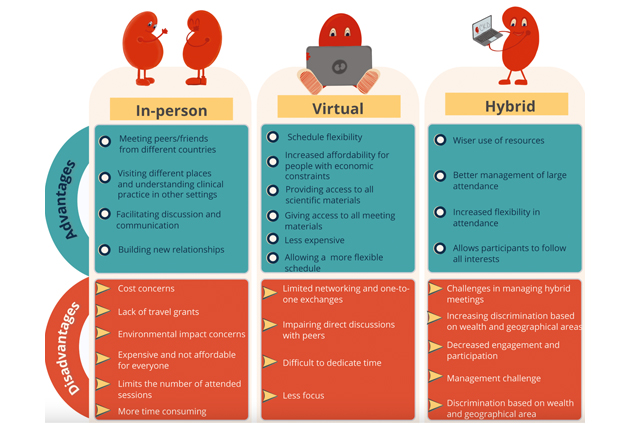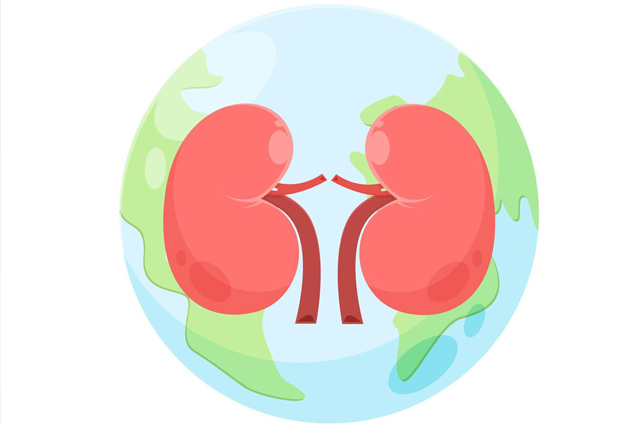STOP THE KIDNEY DISEASE INITIATIVE
We provide evidence based information to educate general population regarding the beneficial effect of exercise on the following the onset of CKD and slowing its progression, the effect on quality of life and co-morbid conditions in patients with kidney disease and decreased mortality in different stages of kidney disease.
Chronic Kidney Disease (CKD) a huge global public health problem can be prevented in large number of patients. Patients with CKD become less active physically, this results in further negative consequences. The immense benefit of physical activity in the prevention and management of diabetes mellitus and hypertension, the two commonest causes of CKD is very well known.
Medical literature suggests that the outcomes in CKD patients can be improved by regular exercise. The National Kidney Foundation Disease Outcomes Quality Initiative guideline in the US stresses on physical activity as an important part of treatment. Exercise has beneficial role at every stage of renal failure starting from primary prevention and its onset. There is plenty of scientific evidence supporting the role of regular exercise in CKD patients to improve fitness, exercise capacity, blood pressure, heart rate, cholesterol, blood sugar and quality of life. Decreased arterial stiffness and cardiovascular disease is also seen. Apart from the above benefits in CKD patients, higher levels of physical activity are also associated with slower decline in kidney function. A study from Taiwan in 2014 showed that walking decreased the need for dialysis or transplantation and risk of death in about 6000 patients with CKD. Also, in patients starting dialysis, lower levels of physical activity resulted in higher mortality rates according to authors of another study in California.
The Kidney Disease Improving Global Outcomes (KDIGO) clinical practice guideline 3.1.21 recommends that patients with CKD be encouraged to undertake physical activity compatible with cardiovascular health and tolerance (aiming for at least 30 minutes 5 times per week) and achieving a healthy weight ( BMI 20-25).










